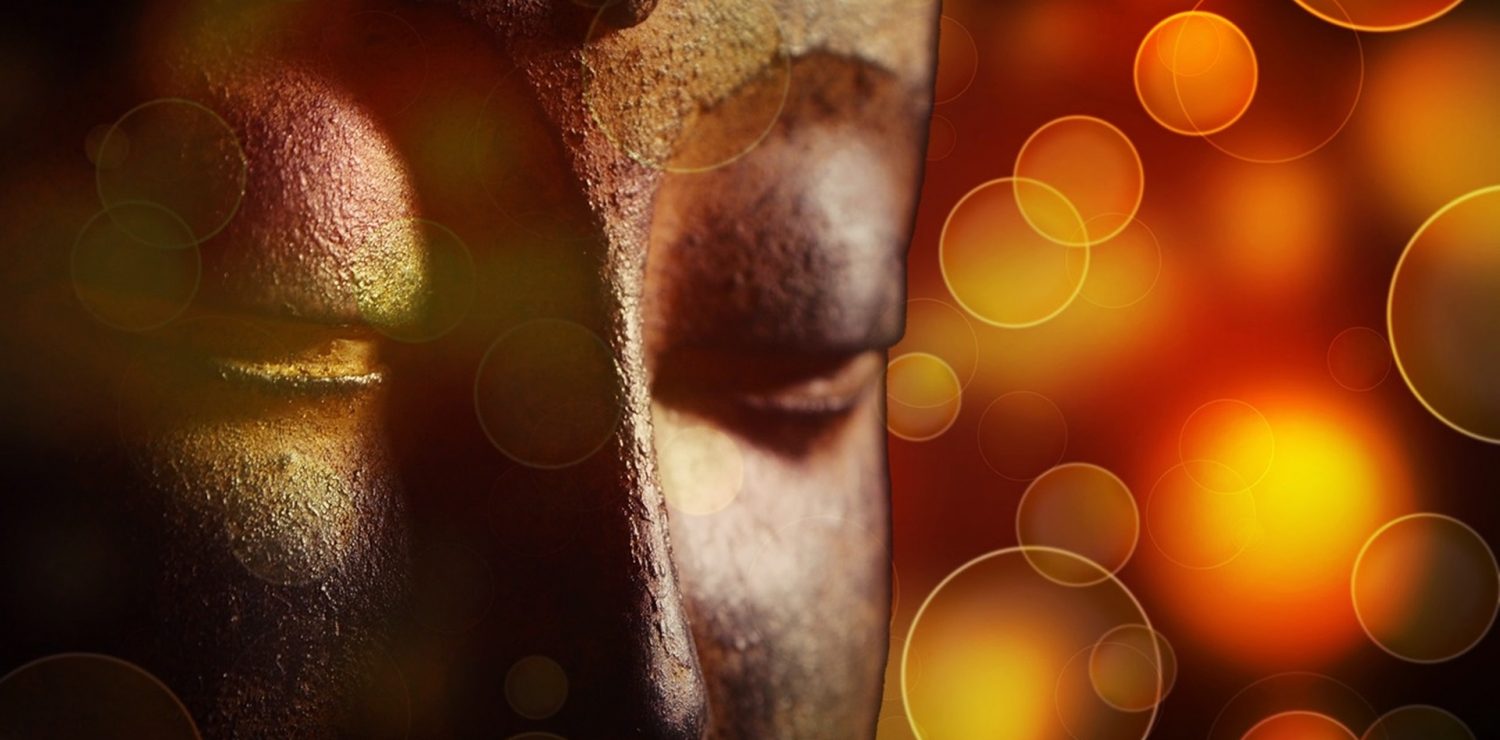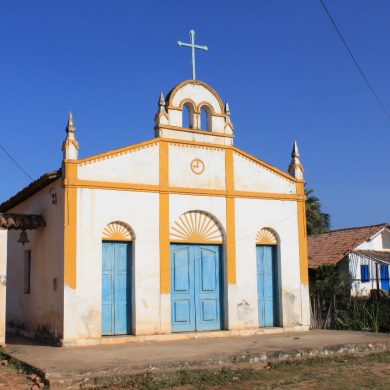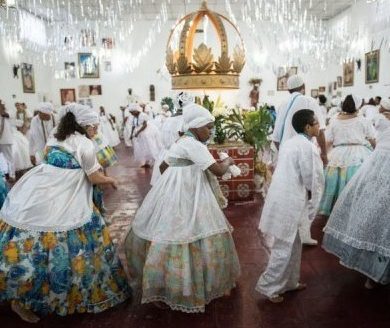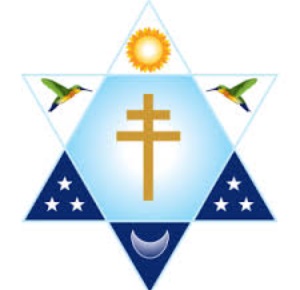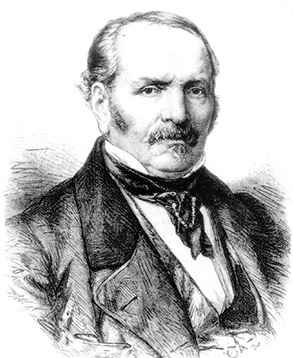Brazil is very diverse and tolerant in adopting different religions. The creation of a “Day against religious intolerance” by President Lula is a shining example of this.
Alongside the main religions, Catholicism and Protestantism, and great syncretisms such as Candomblé, Shamanism and Spiritism, we find some of the religions that remain important in other parts of the world represented in minority.
The proportion of Christian religions in the Brazilian population is believed to be 83%, agnostics and atheists are estimated at 8% and all other religions grouped together (Afro-American, Jewish, Oriental and Bahian) do not exceed 5%, according to the latest surveys of the IBGE (Brazilian Institute of Geography and Statistics).
Minority religions in Brazil

Mormons in Brazil
In line with the heavy influence of the United States on Brazil on many levels, Mormonism represents about 900,000 faithful in the country. This figure may have questionable validity however, because it is provided by the Mormon Church itself, while the last census of the IGBE recorded only 200,000 practitioners. Be that as it may, the Brazilian Mormon Church is the largest in the world after the United States.
Mormonism was introduced in the 1920s by missionaries and today has 27 missions and 900 chapels. The community is divided in two, the North based in Recife, and the South in São Paulo.
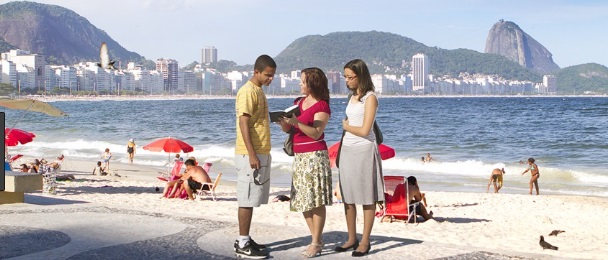
Jehovah’s witnesses in Brazil
At the end of the nineteenth century, the Jehovah Witnesses’ influence was growing rapidly, the number of followers was estimated at 700,000. The first association in the country was established in Rio de Janeiro in 1923. The witnesses are very much concerned with the literacy of the deaf-mutes and are mainly grouped in the great regions of the east of the country, Minas Gerais, Bahia, Rio de Janeiro, Rio Grande do Sul and São Paulo.
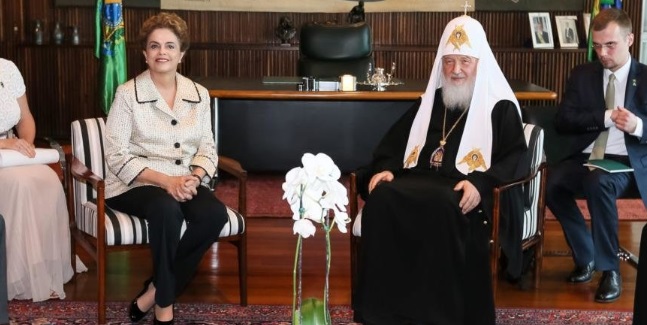
Orthodox Christians in Brazil
Although distinct from the traditional Catholics, the Orthodox have their place in Brazil, even if it is not of significant size. Very inspired by that of Hagia Sophia in Istanbul, their cathedral was built from 1945 to 1954 in São Paulo, where the episcopal seat of the Melkite Orthodox Church is located.
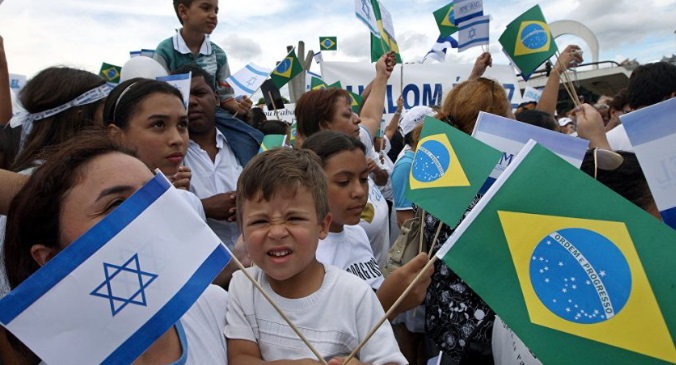
Judaism in Brazil
Born of persecution in Europe in the sixteenth century, Judaism settled in Brazil with the Portuguese, but also the Spanish, chased from their respective countries. Brazilian Jews are largely a minority in Brazil, but they still represent the 9 th largest Jewish community in the world. The first synagogue of the Americas, Kahal Zur Israel was built in 1637 in Recife.
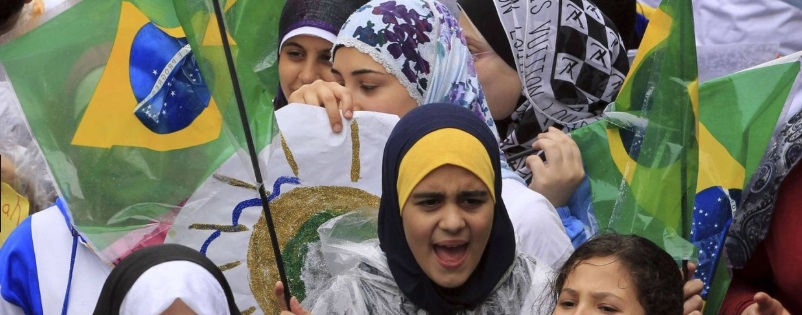
Islam in Brazil
Encompassing 0.1% of the Brazilian population, the Muslim religion is one of the smallest congregations in the country, although its number of followers has slightly increased in recent years, according to the IBGE. Their origin goes back to centuries past and comes from Africa where 15% of slaves worshiped Mohammed.
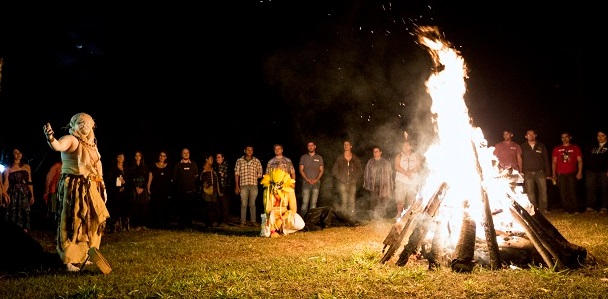
Neo-paganism in Brazil
Neo-paganism finally made a tentative breakthrough in religions practiced in Brazil with Wicca or Neo-Druidism. They are represented mainly in the major metropolises of the East and Southeast.
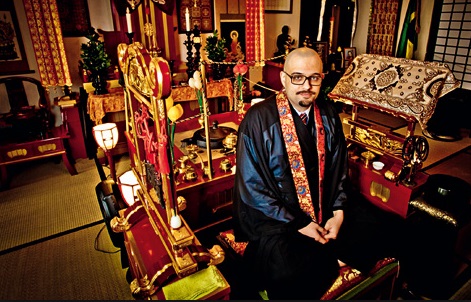
Buddhism in Brazil
With the largest population of Japanese migrants in the world, Brazil has also been influenced by Asian religions. Today there are followers of Soto Zen and Shintoism even though the majority of Japanese descendants are converted to Christianity. There is also a fairly developed Buddhist community with 244,000 followers according to the latest IBGE census, mainly in the south of the country with 26 major places of worship spread throughout the country such as the Zu Lai Temple, the largest in Latin America. The only temple of Pamasambava in the western world is located in the area of the small town of Três Coroas in Rio Grande do Norte by Lama Chagdud Tulku Rinpoche came to settle in Brazil.
